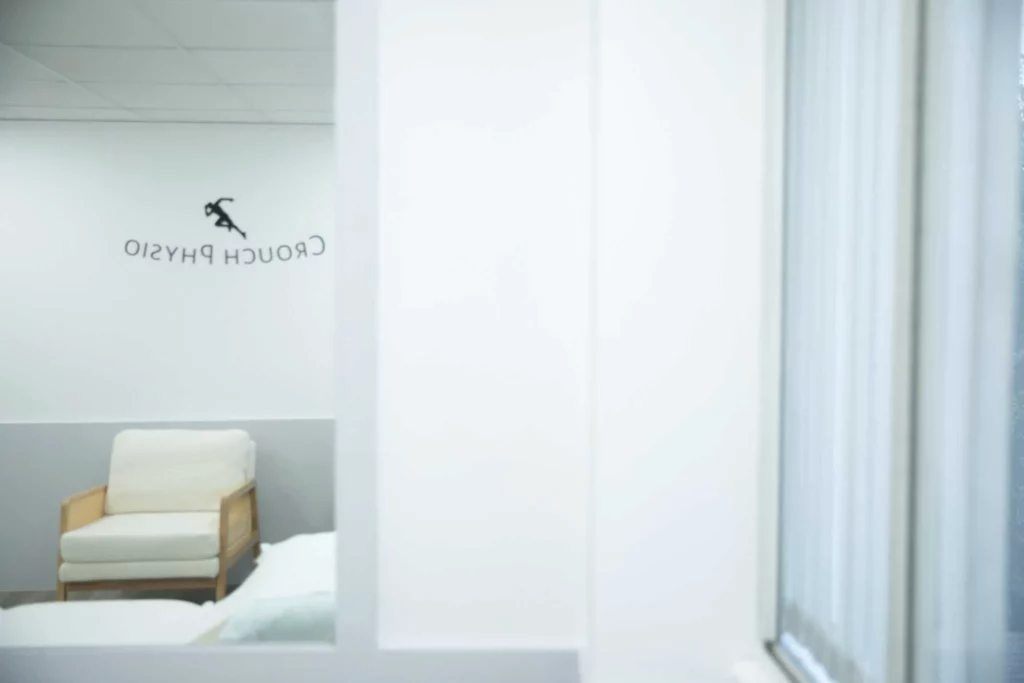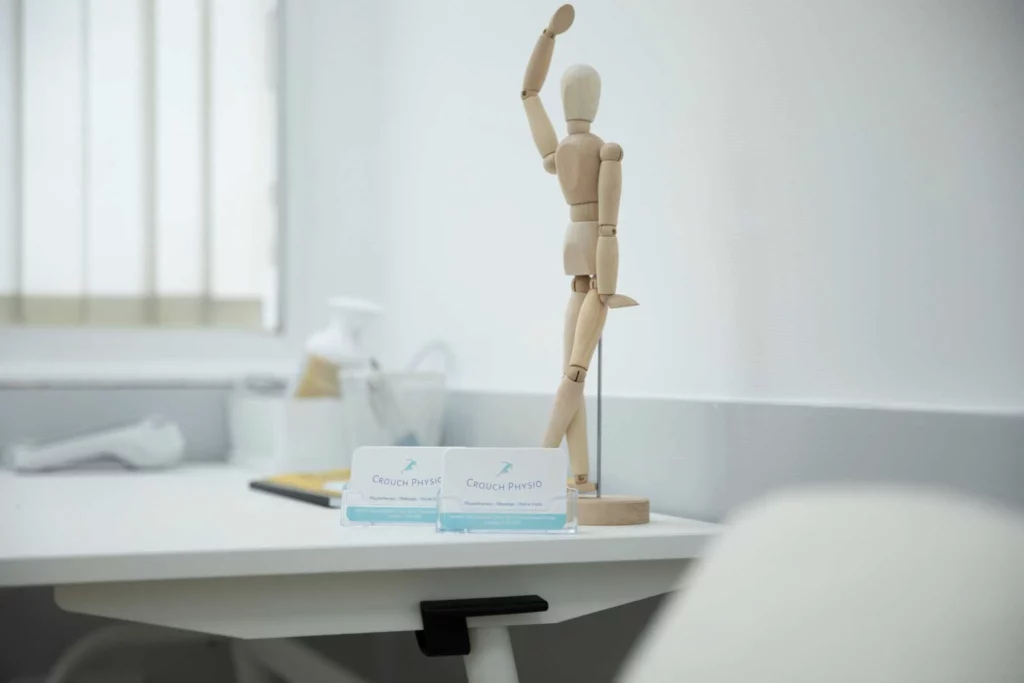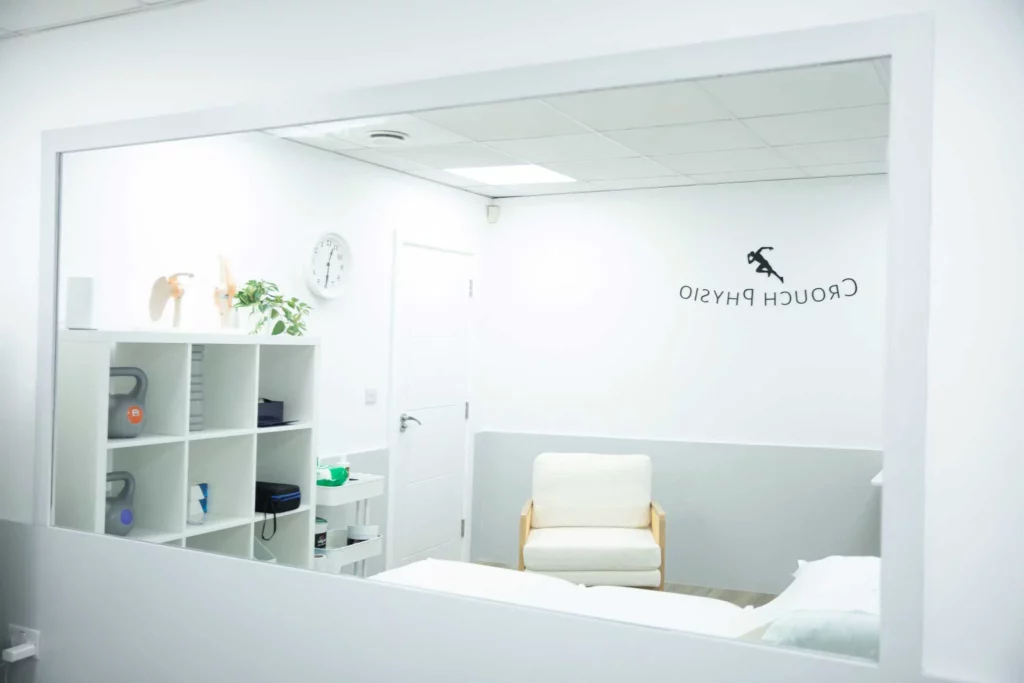Hello mums and mums-to-be! Let’s have a chat about something that often gets overlooked but is incredibly important: pelvic health. Whether you’re pregnant, planning to be, or navigating life post-baby, your pelvis deserves some TLC. As a physiotherapist, I’ve seen how proper care in this area can make a world of difference. So, let’s dive in!
Why Your Pelvis is the Real Unsung Hero
Your pelvis is like a strong yet flexible support system, holding up your bladder, uterus, and rectum. During pregnancy, it’s working double-time, adapting to carry your baby. After pregnancy, it’s left to recover from the physical demands of pregnancy and childbirth.
This is why pelvic health is so crucial, it helps you through pregnancy and plays a key role in your recovery afterward.
Pre-Pregnancy: Preparing for the Journey
If you’re planning to start a family, this is the ideal time to get your pelvic floor ready. Think of it as training for a big event—you wouldn’t run a marathon without some preparation, right?
- Strengthen Your Pelvic Floor: Exercises like Kegels are great, but they must be done correctly. (Hint: squeezing as though you’re holding in wee isn’t always the right approach!)
- Perfect Your Posture: A strong, aligned posture will help you carry your baby bump with less strain on your back and hips.
- Engage Your Core: Your pelvic floor and core work together, so gentle exercises to activate your deep abdominal muscles can help build a strong foundation.
Working with a physiotherapist can help you understand your body, guide you through safe and effective exercises (1), and even teach you how to breathe properly (yes, your breathing really does matter!).
Pregnancy: Your Pelvis in Action
During pregnancy, your pelvis is under immense pressure. The weight of your growing baby, changes in your posture, and hormonal shifts can lead to aches, discomfort, or even bladder leaks (hello, sneezing incidents!).
- Stretch and Strengthen: Gentle, targeted exercises can keep your pelvic floor strong but flexible enough to support your growing bump (2).
- Pain Relief: If you’re experiencing pelvic or lower back pain, physiotherapy can offer relief through stretches, hands-on techniques, or even a belly support band.
- Prepare for Birth: Learning how to relax and lengthen your pelvic floor is just as important as strengthening it. Think of it as preparing your body to “let go” during delivery.
Post-Pregnancy: Recovery and Healing
Congratulations, you’ve done it! Now it’s time to give your pelvic floor some love and attention as it recovers.
- Take It Easy: Even if you feel great, avoid rushing back into high-intensity exercise. Your body needs time to heal.
- Rebuild Your Core: Physiotherapy can help you gently re-engage your core and address issues (3).
- Address Any Leaks or Prolapse: If you’re experiencing bladder leaks or a heavy sensation down below, don’t ignore it. Physiotherapists can help with targeted exercises to strengthen and coordinate your pelvic floor.
- Scar Care: Whether you’ve had a vaginal birth or a caesarean, scars can impact pelvic health. Gentle techniques can improve scar mobility and reduce discomfort.
Final Thoughts
Pelvic health isn’t just about getting through pregnancy, it’s about feeling strong and confident in your post- baby life. Whether you’re lifting your little one, running after a toddler, or laughing with friends without worrying about leaks, your pelvic floor plays a vital role.
If something feels off, don’t dismiss it or feel embarrassed. Pelvic health issues are incredibly common, and physiotherapists are here to help you feel your best.
Here’s to strong, healthy, and happy pelvises-before, during, and after pregnancy! Have questions? Let’s chat in the comments below.
Our Barnet, Cockfosters & Enfield Physio’s have tons of experience and are specialists in dealing with all pelvic health related issues. Have confidence that our specialist Physiotherapists will closely assess, diagnose & treat you in the correct & evidence-based way for all injuries. You can book an appointment here.
Blog By: Emre Oz (Musculoskeletal Physiotherapist at Crouch Physio).
References
- Brown, Wendy J., et al. “Australian guidelines for physical activity in pregnancy and postpartum.” Journal of Science and Medicine in Sport 25.6 (2022): 511-519.
- Diez‐Buil, Helena, et al. “Effects of the combination of exercise and education in the treatment of low back and/or pelvic pain in pregnant women: systematic review and meta‐analysis.” International Journal of Gynecology & Obstetrics 164.3 (2024): 811-822.
- Liu, Na, et al. “Effects of exercise on pregnancy and postpartum fatigue: a systematic review and meta-analysis.” European Journal of Obstetrics & Gynecology and Reproductive Biology 253 (2020): 285-295.




